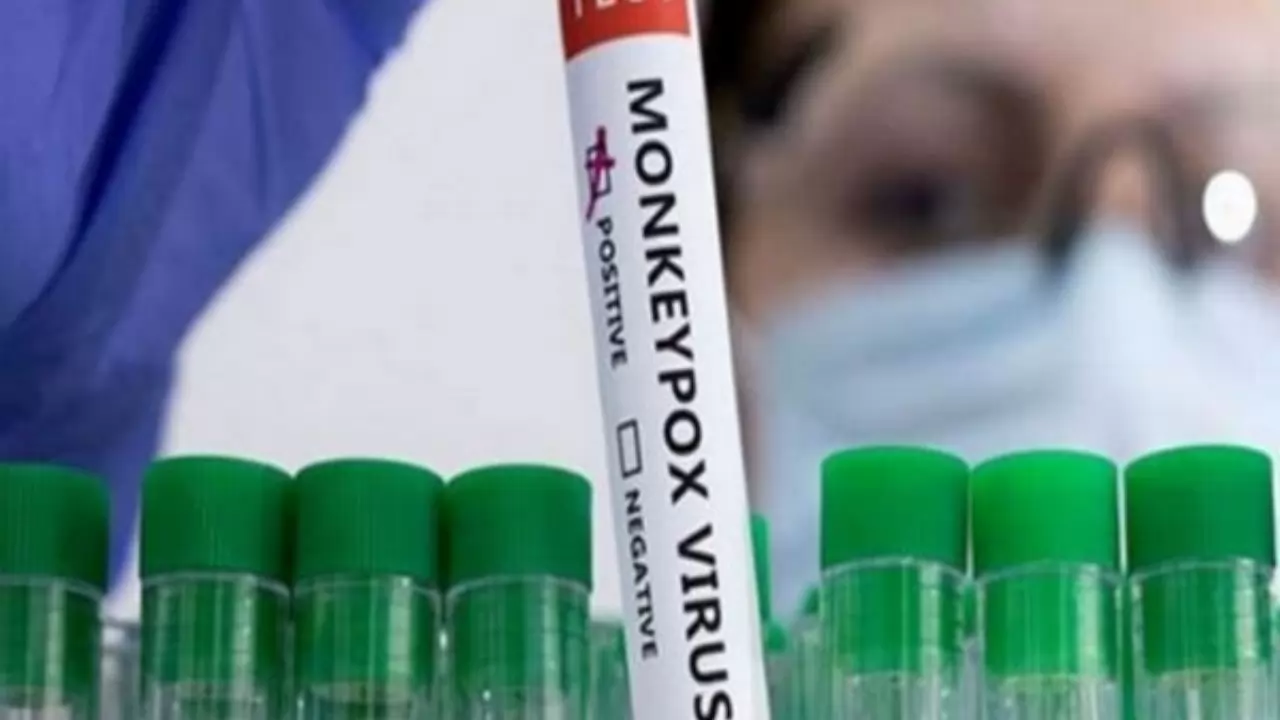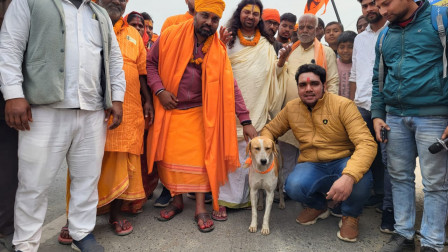
Image used for representative purpose only. (freepik)
New Delhi: India has reported its first case of the Mpox Clade 1 strain, the variant that prompted the World Health Organization (WHO) to declare a public health emergency just last month. According to official sources from PTI, the infection was identified in a 38-year-old man from Malappuram district in Kerala, who had recently returned from the United Arab Emirates.
Health ministry spokesperson Manisha Verma confirmed that this case of Mpox is indeed of the Clade 1b strain. This particular strain has been notorious for its rapid spread and has been primarily linked to outbreaks in Central Africa. The patient is currently stable and under close observation, with health officials ensuring necessary precautions to prevent further transmission.
"This was the first case of the current strain that led the World Health Organization to declare Mpox a public health emergency last month for a second time,” said an official source. The WHO had raised the alarm over Mpox’s global impact after hundreds of cases were detected across various countries, including several in Africa.
India reports the first MPOX clade 1 case, which was reported in Kerala, Malappuram last week. The patient is a 38-year-old man who travelled from UAE, this is the strain after which WHO declared a public health emergency: Official Sources
— ANI (@ANI) September 23, 2024
The case from Kerala follows an earlier Mpox infection in Haryana, where a 26-year-old from Hisar tested positive for the West African Clade 2 strain earlier this month. Since the WHO declared Mpox as a Public Health Emergency of International Concern in 2022, India has recorded around 30 cases, mostly linked to the West African strain. This new detection of Clade 1b in Kerala marks a significant development, as it is known for causing more severe illness compared to its West African counterpart.
The Mpox Clade 1 strain has already caused widespread concern across Africa, where over 30,000 suspected cases have been reported this year alone, according to the WHO. Most of these cases have been detected in the Democratic Republic of Congo, where testing supplies have reportedly run low. The virus has claimed the lives of more than 800 individuals across the continent, with neighboring countries like Burundi also experiencing rising infection rates.








Copyright © 2026 Top Indian News
